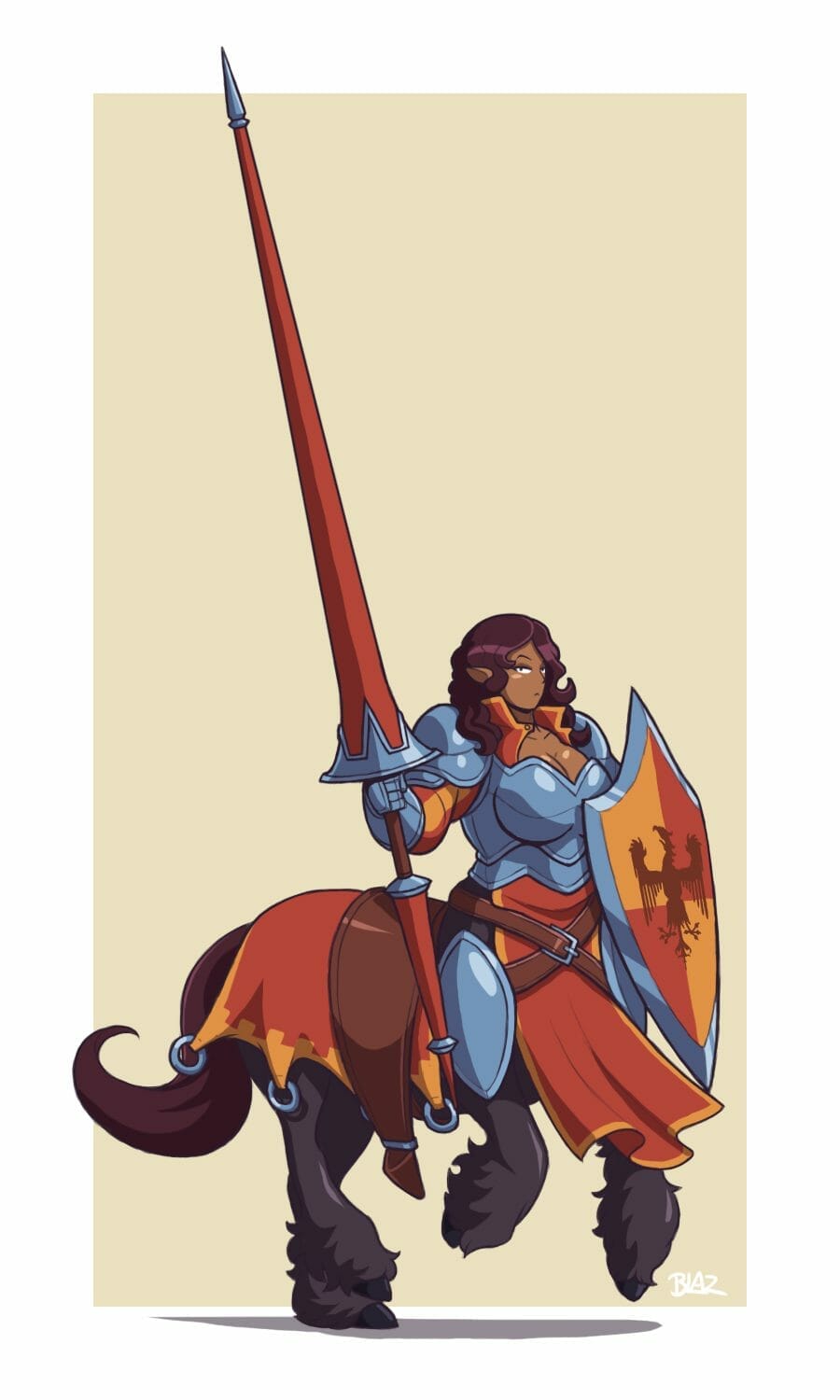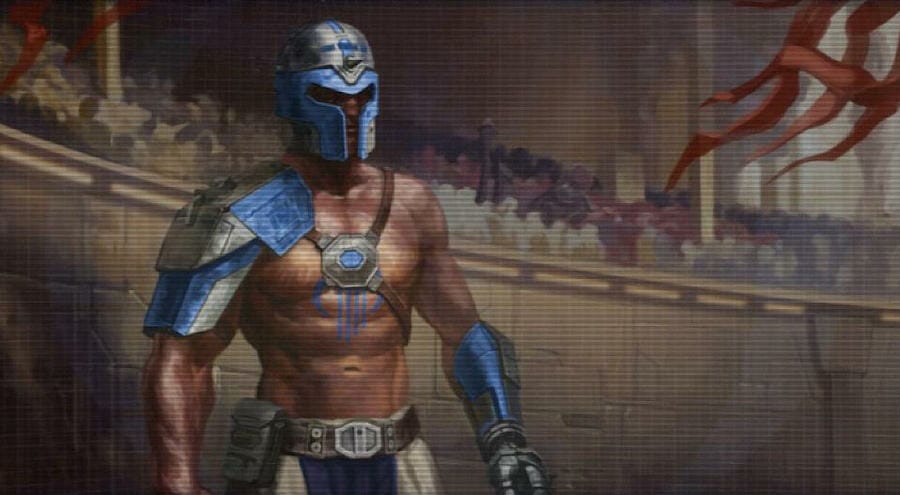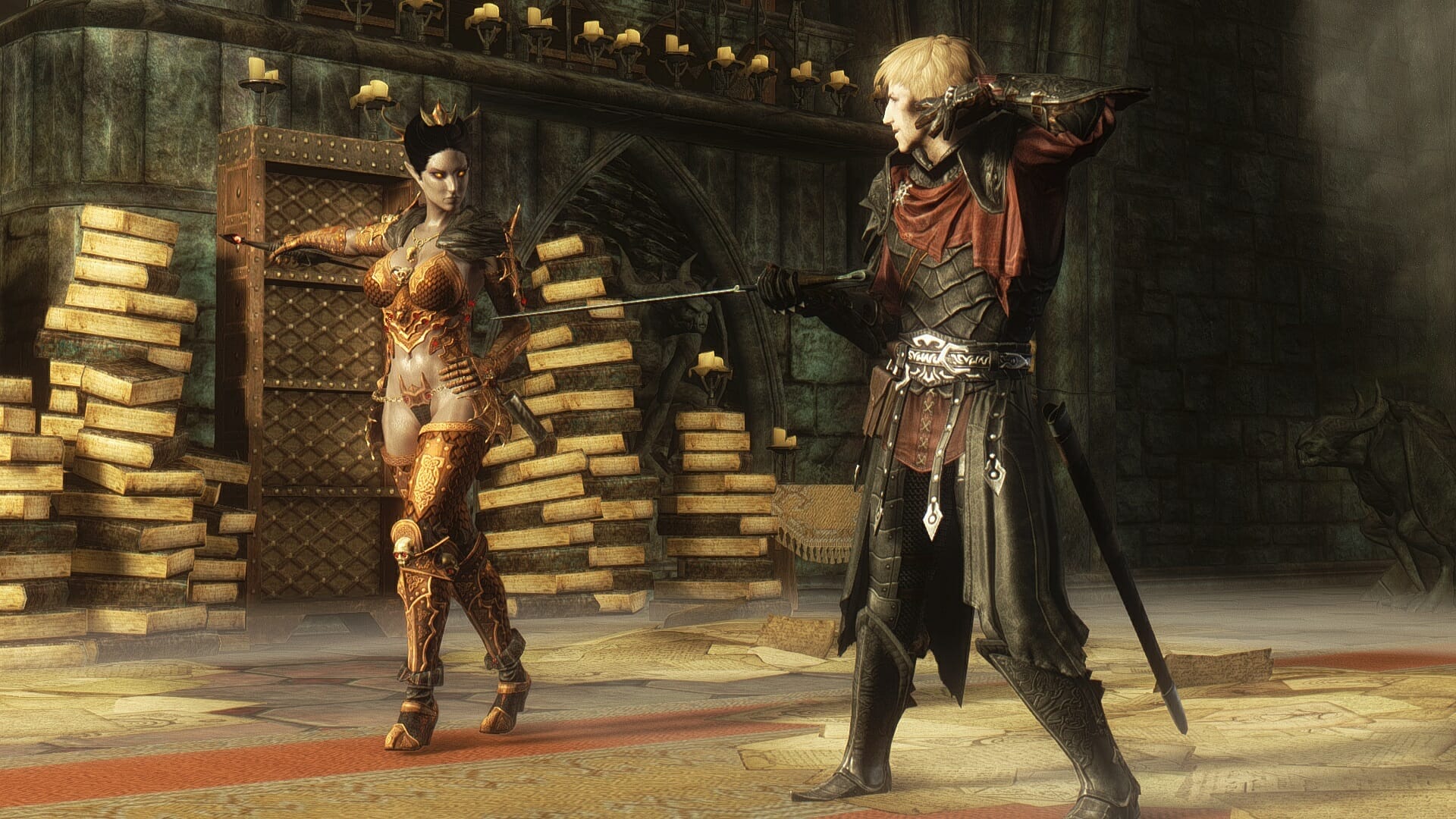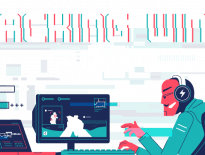I have pretty much always wanted to run an arc in an RPG game that involved a fictional tournament.

It sounded so cool, with players fighting their way up through a series of challenges and opponents to claim glory. But I’ve also spent a long time thinking about how it could go wrong. How players could easily end up doing nothing while others compete or locked in unwanted player versus player conflict.
I eventually abandoned the idea. Then recently, while wanting to run through a Legend Of Five Rings game, I noticed that there was a place I could put a tournament during a historical event in the setting. In doing so, I found several different sources for different tournaments in the game hacked them together in order to find a storyline I could use. And it went really well! I’d like to share what I learned about creating tournaments in RPGs and how you can make an interesting, fulfilling arc for your players that adds a cool social event to your world or game.
Non-Knockouts
So, the first thing I have always had a problem with creating a tournament arc that lasted over several sessions and a few days in-game was to ensure all players stayed in the tournament.
I don’t want to be knocking players out unless I have to, or it’s part of a storyline. It took me years to realise that the solution to this was simple – have a points based system.
Players should be competing in a series of different and varied challenges that allow them to gather points towards a qualifier for the second round and then add more in that round so that the top two can compete in the final. This allows players to gather points in different ways and tell their own stories.
You can have contested challenges (in mine, these were things like archery, obstacle courses, duelling, horseriding), solo challenges (recalling heraldry, history or answering philosophical questions) and group stages where they may be in the same of different teams. This combination of differing skill sets and events means that players with different talents can all have a chance to shine and gather points. This prevents people from spending sessions roleplaying sitting on the sidelines.
Competitors

What a long, complicated first round where everyone rotates through different challenges does is to also introduce the other competitors.
These should be viewed as the recurring cast for this arc. Each competitor must have a few quirks and be built pretty well. Do they lose well? Are they boastful of successes? Do they drink heavily in the evening and then regret it the next day? Are they playful? Sportsmanlike? Quick to anger? Cheating? Are they here for another reason entirely? The arrangement of who faces off against who in which event can build rivalries that stretch beyond this arc or give players an insight into what else is happening in the world right now. These sub-plots give the world a bit of life.
For example, in the L5R game, two NPC competitors rekindled an old romance and then, during one of the group stages, went missing because they were… busy.. with each other, which meant that the players in their group had a much harder time of things.
Factions and Context
I also found it useful that the tournament took place in the context of a larger world.
Two clans, one of which was hosting the tournament, were not on good terms with each other, so each clan in the game had opinions about those events, which leads them to take various actions. The hosts wanted to put on an amazing show and wow everyone (and also win). The rival faction was here to make alliances in preparation for war. There was one faction that wanted to stop the war at all costs, including the potential murdering of officials.
These overlapping background events created a melting pot of intrigue and allowed players to have something to do in downtime and between events.
The Other Story
This is good because while the tournament represented, the set dressing for the arc gave us some really fun moments and eventually led to an exciting finale duel between two PCs, the truth that the arc was really about the faction stuff.
When someone was murdered on the first evening of the tournament, and the players gave chase, it kicked off a storyline that unfolded during the tournament where different players covered for people in their faction, tried to investigate each other and confessed things to those in power. One player watched a second murder committed during a group event and was left with if they should do tell or not. Others had to consider if they wanted to find the truth or spend their efforts stopping a young samurai who felt shame and dishonour in the tournament from ending his life.
This combination of a second storyline that might be quite easy to solve if it wasn’t happening within the confines of a tournament places the characters in opposition to the thing they came here to do and that meant players had to make difficult and meaningful decisions about things beyond the tournament they were in.
Having those contrasts kept the story moving in a really interesting and deeper direction.
Don’t Forget To Blow Off Steam

Remember that a tournament arc is also meant to give the players a chance to do something really fun and blow off steam amongst their characters.
So actually, take time to go through the events and watch as players do weird and wonderful things, enjoy the unique puzzles you set during them, and have fun. Include fun and weird judges, cool events and extended rolls in challenges to heighten the tension. And let them try anything because, just for once, it’s not life or death.
Believe me, you haven’t lived until you’ve seen a unicorn clan samurai trying to win an obstacle course race by pitching himself off a climbing wall in an attempt to ‘accidentally’ bellyflop his opponent – and missing. Stuff like that is worth letting them get a little crazy.
I really hope this acts as inspiration for you to start a tournament arc of your own. Next time I’ll be changing tack to talk about a reader-requested subject as we investigate the wide world of system hacking.
Creative Commons art credit: Knight Errant of Hildegaard by Blazbaros, Mandalorian Gladiator by Perkunasloki and Vampire Duel by Jowain92.
What do you think? Share your input on this article in the section below.

